
What is Sleep Hyperhydrosis?
Basically, sleep hyperhydrosis is acondition which is commonly known as night sweats. Namely, thisstands for nights when you seem to be sweating a lot during yoursleep, as the name of the condition suggests itself. This phenomenontroubles a large number of people on the globe and many arefrightened by repetitive occurrence of damp sheets and clothes uponwaking up.
Surely, sweating during the night,especially if it is excessive, can be a sign of something serious.However, we should not jump to conclusions, considering only theworst case scenarios. Many times, benign and harmless things affectus and cause sleep hyperhydrosis. Read below to find about mostcommon causes of these nocturnal, troublesome problems.
What May Be Wrong?
Quite often, people are not aware thattheir sleeping quarters are too warm. Rather, they prefer turning onthe heater since this helps them feel cozy and comfortable, makingthem fall asleep with more ease. However, this can becounter-productive at the same time, since, believe it or not, ourbody, during sleep, prefers lower temperatures than its own. Atemperature of about 66F will be quite enough for you to enjoy a goodnight's sleep. So, check your bedroom temperature as it may be too high and thismight be the main reason behind your sweating at night.
Next, have you ever paid attention tothe type of fiber your sheets and pajamas are made of? You need towear clothes which enable your skin proper perspiration. The samegoes for your sheets. The best material used for these purposes is100% cotton. If you happen to be using polyester or satin, this mightbe the main cause of your night sweats.
One might beexperiencing these problems at a certain period of life. Forexample, night sweats are normal to appear during teenage years,menopause, adolescence or perimenopause. How ever pestering nightsweats in these periods might be, they are considered to be normal,since the hormones in your body are running wild and numerous changesare taking place.
Finally, you need to pay attention towhat you had consumed before going to bed. Spicy or excessive food,alcohol, coffee and many other types of food and drinks are known to triggernight sweats when taken before bed time. So, eat light and sleeptight.
If all of these are ruled out and yournight sweats remain persistent nevertheless, it is time to seekmedical attention and have yourself examined since the reasons behindyour sweating may be more serious. Possible culprits may be AIDS,cancer and other dangerous illnesses, so you should not wait beforeasking your doctor for an opinion.


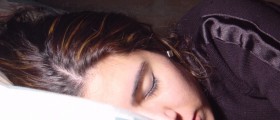
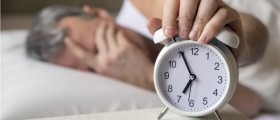
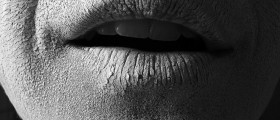
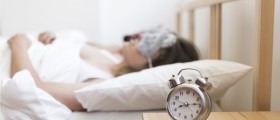
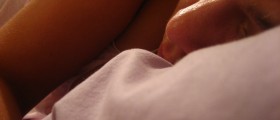
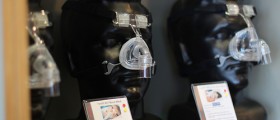

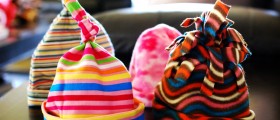
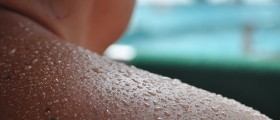
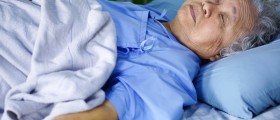

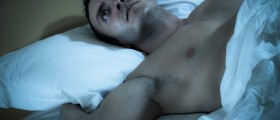

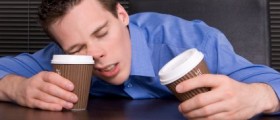
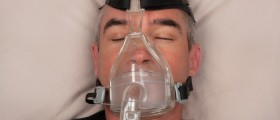
Your thoughts on this
Loading...